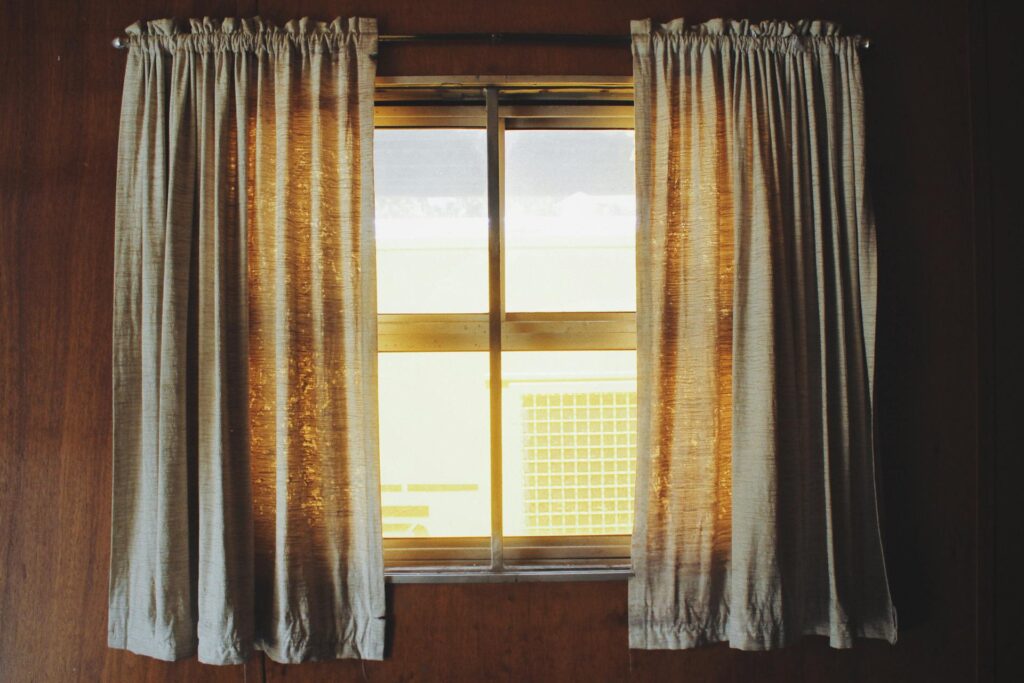Glass is a ubiquitous material in our daily lives, found in windows, doors, mirrors, and various other applications. Its transparency and versatility make it a popular choice for architectural, decorative, and functional purposes. However, despite its durability, glass is not immune to damage. Cracks, chips, scratches, and other forms of wear and tear can compromise its structural integrity and aesthetic appeal over time. That’s why proper glass maintenance is crucial to prevent future damage and ensure its longevity.

Understanding the Causes of Glass Damage
Before delving into the importance of glass maintenance, it’s essential to understand the common causes of glass damage. External factors such as extreme weather conditions, impacts, vandalism, and improper handling can all contribute to cracks, chips, and scratches on glass surfaces. Additionally, internal factors like poor installation, thermal stress, and chemical reactions can weaken the glass over time, making it more susceptible to damage.
The Importance of Regular Cleaning
Regular cleaning is a fundamental aspect of glass maintenance that helps prevent future damage. Dust, dirt, and debris can accumulate on glass surfaces, leading to scratches and abrasions if left unchecked. Moreover, mineral deposits from hard water can cause stains and etching, diminishing the clarity and transparency of the glass. By implementing a routine cleaning regimen using mild detergent solutions and non-abrasive cleaning tools, such as microfiber cloths, homeowners and businesses can keep their glass surfaces pristine and free from damage-causing contaminants.
Inspecting for Signs of Wear and Tear
In addition to cleaning, regular inspections are essential for identifying early signs of wear and tear on glass surfaces. Hairline cracks, chips, and areas of discoloration may indicate underlying issues that need to be addressed promptly to prevent further damage. By conducting thorough visual inspections of windows, doors, and other glass installations, property owners can catch potential problems early on and take corrective action before they escalate into more significant issues.
Repairing Minor Damage Promptly
When minor damage does occur, such as small chips or cracks, prompt repair is essential to prevent it from spreading and causing more significant problems. DIY glass repair kits are available for addressing minor damage quickly and effectively. However, for more extensive damage or structural issues, it’s best to consult with a professional glass repair technician who has the expertise and tools to assess the situation accurately and perform the necessary repairs safely.
Protecting Against Environmental Factors
Glass surfaces exposed to harsh environmental conditions, such as prolonged sunlight, extreme temperatures, and high humidity, are more susceptible to damage over time. UV radiation from the sun can cause thermal stress and fading, while temperature fluctuations can lead to expansion and contraction, increasing the risk of cracks and fractures. To protect against these environmental factors, property owners can invest in UV-resistant coatings, thermal insulation, and proper sealing to mitigate potential damage and extend the lifespan of their glass installations.
Investing in Preventive Measures
Preventive measures such as installing protective films, security laminates, and impact-resistant glass can significantly reduce the risk of damage to glass surfaces, especially in high-traffic areas or vulnerable locations prone to vandalism or accidents. These proactive interventions not only enhance the safety and security of the property but also minimize the likelihood of costly repairs or replacements in the future.
Educating Residents and Occupants
Lastly, educating residents, occupants, and employees about the importance of proper glass maintenance can help foster a culture of care and responsibility within the community or workplace. Simple practices such as avoiding slamming doors, using caution when moving furniture near glass surfaces, and reporting any signs of damage promptly can make a significant difference in preserving the integrity and appearance of glass installations over time.
In conclusion, proper glass maintenance is essential for preventing future damage and ensuring the longevity of glass surfaces in residential, commercial, and industrial settings. By implementing regular cleaning routines, conducting thorough inspections, repairing minor damage promptly, protecting against environmental factors, investing in preventive measures, and educating residents and occupants, property owners can safeguard their glass installations and enjoy their benefits for years to come. With proactive care and attention, glass can continue to enhance the aesthetics, functionality, and safety of our built environment for generations to come.
